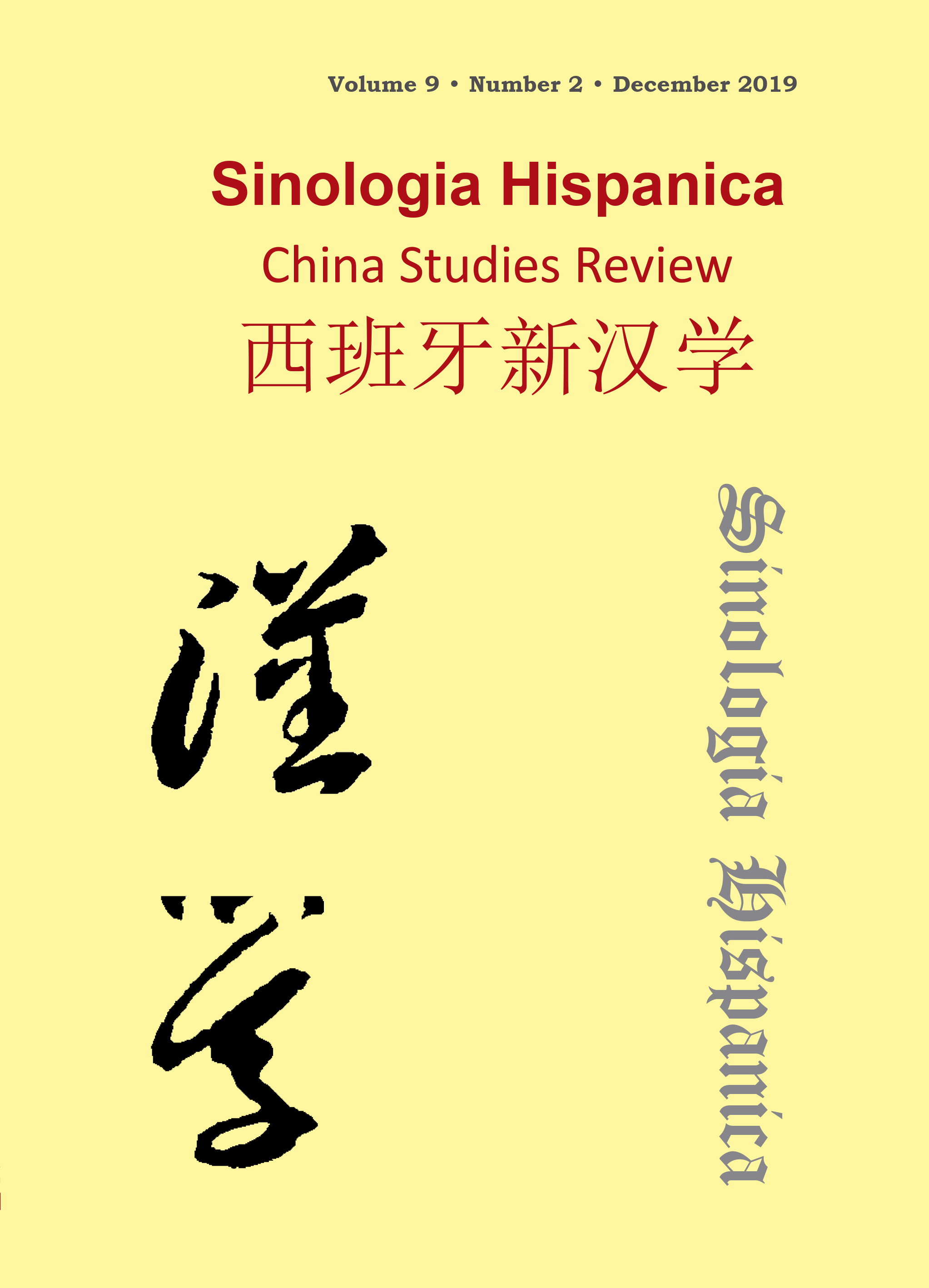The Confucius’ Traces in Current Chinese University Teaching
DOI:
https://doi.org/10.18002/sin.v9i2.6256Keywords:
Confucius, philosophy, teaching, learning, The Analects, Chinese culture.Abstract
The study in-depth of The Analects gives us an idea of how the Confucius’ ideas for society were. The Master always advocated bringing social reforms through the education of individuals in society. He wanted to develop an ideal social order through the cultivation of ideal lifestyles and the full development of the personality of the individuals. Through years of experience and the thorough analysis of the behaviour of Chinese teachers and students when teaching and learning it has been shown that the main principles of Confucian teachings are still present in crucial figures such as the teacher, the class monitor and the students; as well as in several factors that determine the teaching such as motivation, the teacher's reprimand, the students’ shyness and the memorization of concepts.Furthermore, it is particularly important to compare the European teacher with the Chinese one, since
the former is mainly influenced by the Greco-Roman philosophy and the thinkers of the Enlightenment;
the latter is tremendously influenced by the ideas of Confucius despite the fact that they were born
more than 2,500 years ago.
Downloads
Métricas alternativas
Downloads
Published
How to Cite
Issue
Section
License
Copyright (c) 2020 José Carlos Redondo Martínez

This work is licensed under a Creative Commons Attribution-NonCommercial-ShareAlike 4.0 International License.
Sinología Hispánica. China Studies Review considers all manuscripts on the strict condition that:
- The authors assign the exploitation rights (reproduction, distribution, public communication and transformation) of the work accepted for publication to the University of León on a non-exclusive basis. Authors can establish, on their own, additional agreements for the non-exclusive distribution of the version of the work published in the journal (for example, placing it in an institutional repository or publishing it in a book), always acknowledging the initial publication. in this magazine.
- The manuscript is your own original work and does not duplicate any other previously published work, including your own previously published work.
- The manuscript is not currently under consideration or peer review, nor accepted for publication, nor in press, nor published elsewhere.
- The manuscript contains nothing that is abusive, defamatory, libellous, obscene, fraudulent, or illegal.
- Please note that Sinologia Hispanica uses Turnitin software to screen manuscripts for unoriginal material. By submitting your manuscript to Sinologia Hispanica you are agreeing to any necessary originality checks your manuscript may have to undergo during the peer-review and production processes. Any author who fails to adhere to the above conditions will be rejected.
- Authors are allowed and encouraged to electronically disseminate the pre-printed versions (version before being evaluated) and / or post-printing (version evaluated and accepted for publication) of their works before publication, since it favors their circulation and dissemination more early and with it, a possible increase in its citation and reach among the academic community.
Sinologia Hispanica is under an international license Creative Commons Attribution-Noncommercial-Share Alike 4.0. You can read more about this license in an informative version and legal text.










